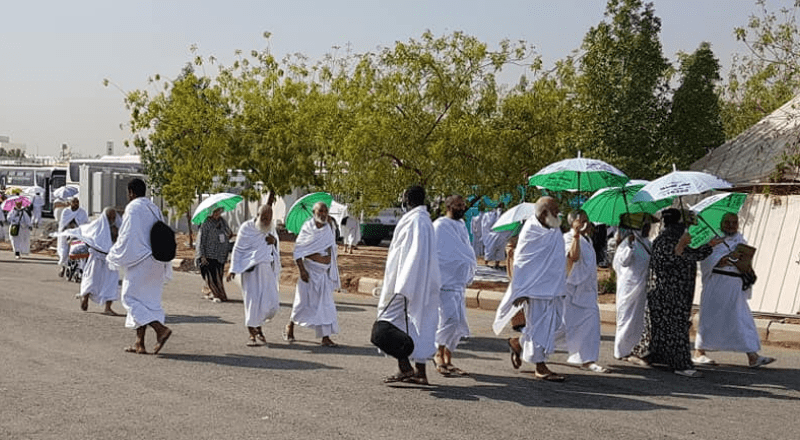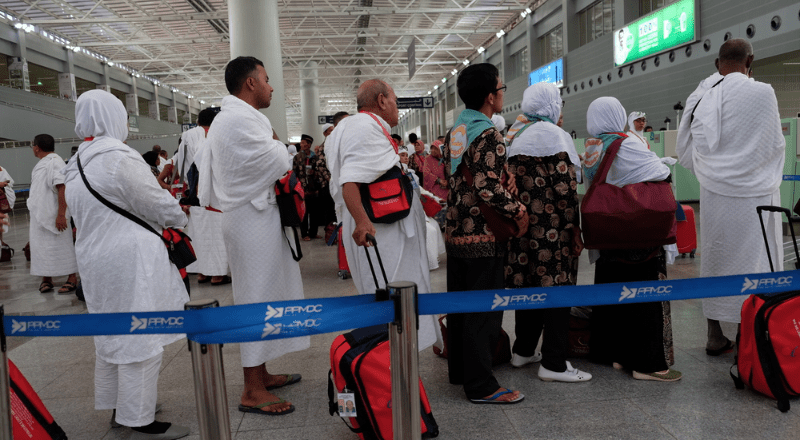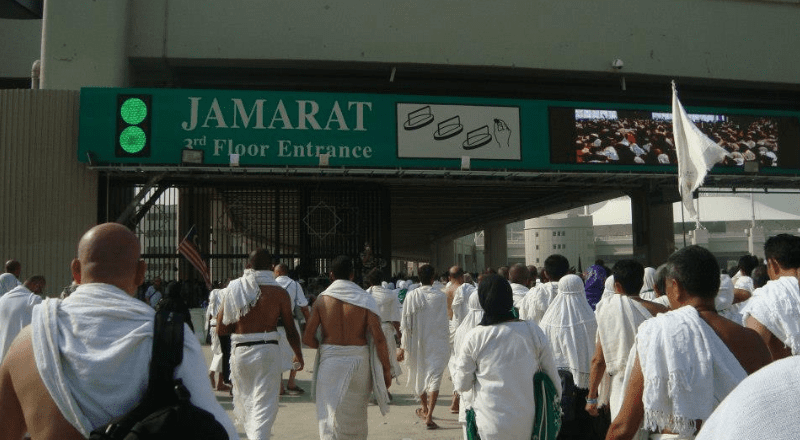Fasting during Hajj:
All the Muslims are aware of the blessings of the month of Ramdan and its numerous benefits, but not many know the advantages of fasting during the first 10 days of Zul Hajj. Just like the last 10 nights of holy Ramadan, first 10 days of Zul Hajj also promise Muslims a number of Hajj rewards and blessings.
Allah provides His believers a lot of opportunities throughout the year to refresh their faith and strengthen their belief in him. Fasting in Zul Hajj is one of those opportunities which should not be wasted. Imagine the kind of reward it will bring along if one is fasting during Hajj.
In Quran (Surah Al-Fajr) Allah says:
“By the dawn; By the 10 nights” [al-Fajr 89:1-2].
Many religious scholars believe that these 10 nights are referred to the first 10 nights of Zul Hajj. Ibn Katheer also had confirmed this view by mentioning: “This is the correct opinion.” [Tafseer Ibn Katheer, 8/413]
Ibn ‘Abbas (RA) states that the final Prophet of Allah (PBUH) said:
“No good deeds done on other days are superior to those done on these days [meaning the ten days of Dhul-Hijjah].”
Hajj Packages 2017 For USA (Click Here)
Many of the Muslims question if fasting during Hajj is permissible for a pilgrim or not… Religious scholars believe that it is allowed for pilgrims to voluntarily fast during the first 10 days of Zul Hajj as well as the days prior to this month. Just like other Muslims, it is advised for him to fast, barring the day of Arafah (the 9th of Zul Hajj). Not fasting on the day of Arafah while performing Hajj is an act of Sunnah, hence Muslims should follow it.
Imam Shaafi (RA) in his collection In “Al- Umm” said,
“I recommend fasting that day (the day of Arafah), unless one is performing Hajj. In that case, I recommend him not to fast because he is a traveler and is already offering a sacrifice. Also, the Prophet (PBUH) abandoned fasting on that day when he was performing Hajj. One should also do so (not fast) in order to be able to supplicate to Allah during that day, as the best supplication is that on the day of ‘Arafah.”
On the 10th day of the month of Zul Hajj, fasting during Hajj or otherwise is completely prohibited for Muslims.
Pilgrims who cannot afford to sacrifice an animal in the name of Allah must fast three days during the course of performing Hajj.
Allah The Glorious Says (Translation):
“And whoever cannot find [or afford such an animal] – then a fast of three days during Hajj and of seven when you have returned [home]. Those are ten complete [days].”[Quran 2:196]
Many of the scholars endorse the view that it is allowed for such an underprivileged pilgrim to observe the obligatory fasting during the days of Tashreeq (11th, 12th and 13th day of Zul Hajj). On the other hand, in cases where fasting is not mandatory, the pilgrim is not allowed to fast on these particular days.



